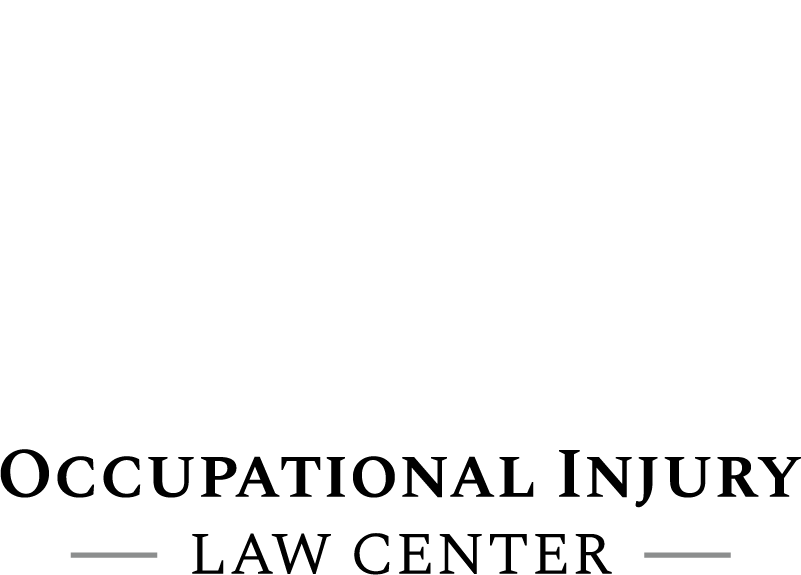Work-related injuries or illnesses can be devastating, not only physically and emotionally but also financially. Workers’ compensation benefits help cover expenses lost due to a work injury.
This way, those affected by work-related injuries get the care and support they need without facing financial hardship.
Medical coverage
One primary aspect of workers’ compensation benefits is medical coverage. It includes expenses such as:
- Doctor visits
- Hospital stays
- Medication
- Surgeries
- Physical therapy
They will also have access to other necessary treatments related to the injury or illness.
Wage replacement
Wage replacement is also a benefit in workers’ compensation. If an employee is unable to work due to a work-related injury or illness, they may receive a portion of their lost wages through workers’ compensation
Vocational rehabilitation
Workers’ compensation benefits may also include vocational rehabilitation services to assist employees in returning to work. This could entail adjusting their current position or transitioning to a new role if they are unable to perform their previous job duties due to their injury or illness. These services can include:
- Job retraining
- Skills assessments
- Job placement assistance
Employees can also get access to counseling if they find they need it.
Legal protection
Workers’ compensation benefits also protect employees from retaliation or termination for asserting their rights. If an employee believes they are being treated unfairly or experiencing retaliation for pursuing workers’ compensation, they have the option to seek legal help. An attorney can provide guidance, advocate on behalf of the employee and ensure that their rights are protected throughout the process.
By knowing their rights and having access to legal support, employees can navigate the workers’ compensation system with confidence, knowing that they are not alone in their pursuit of fair treatment and compensation for their injuries or illnesses.

